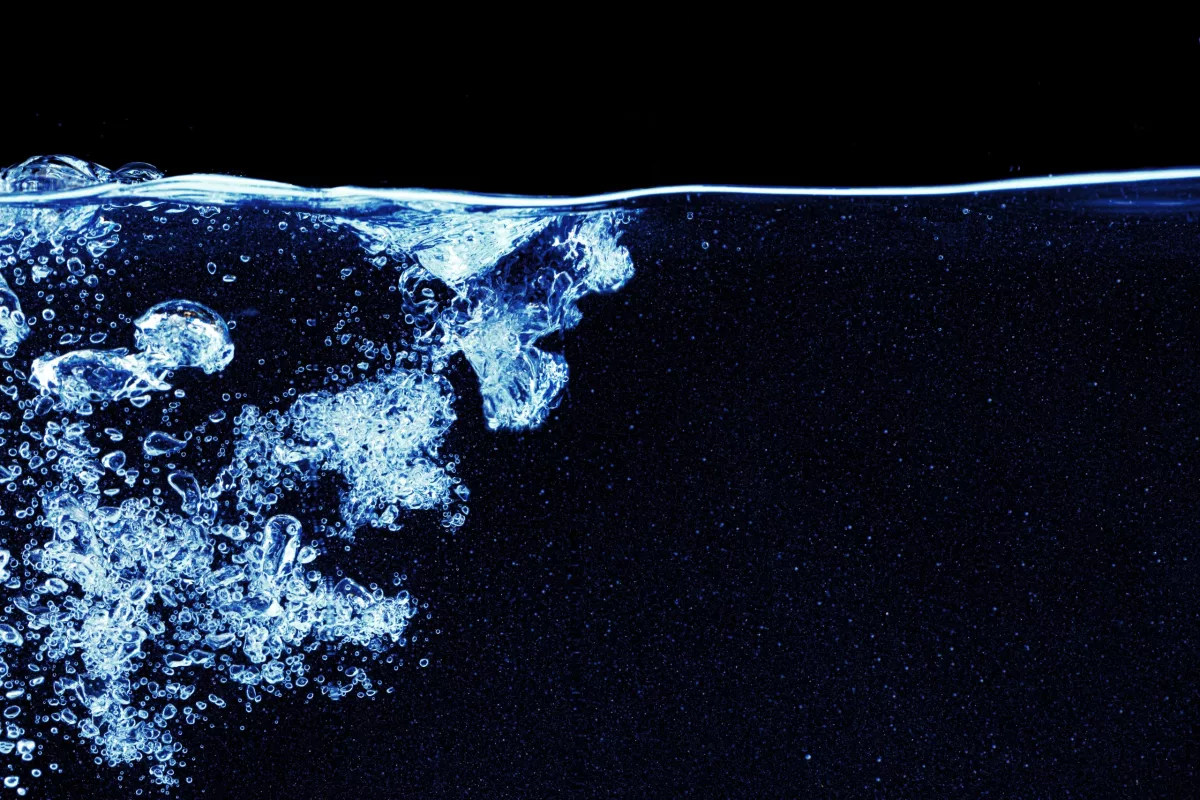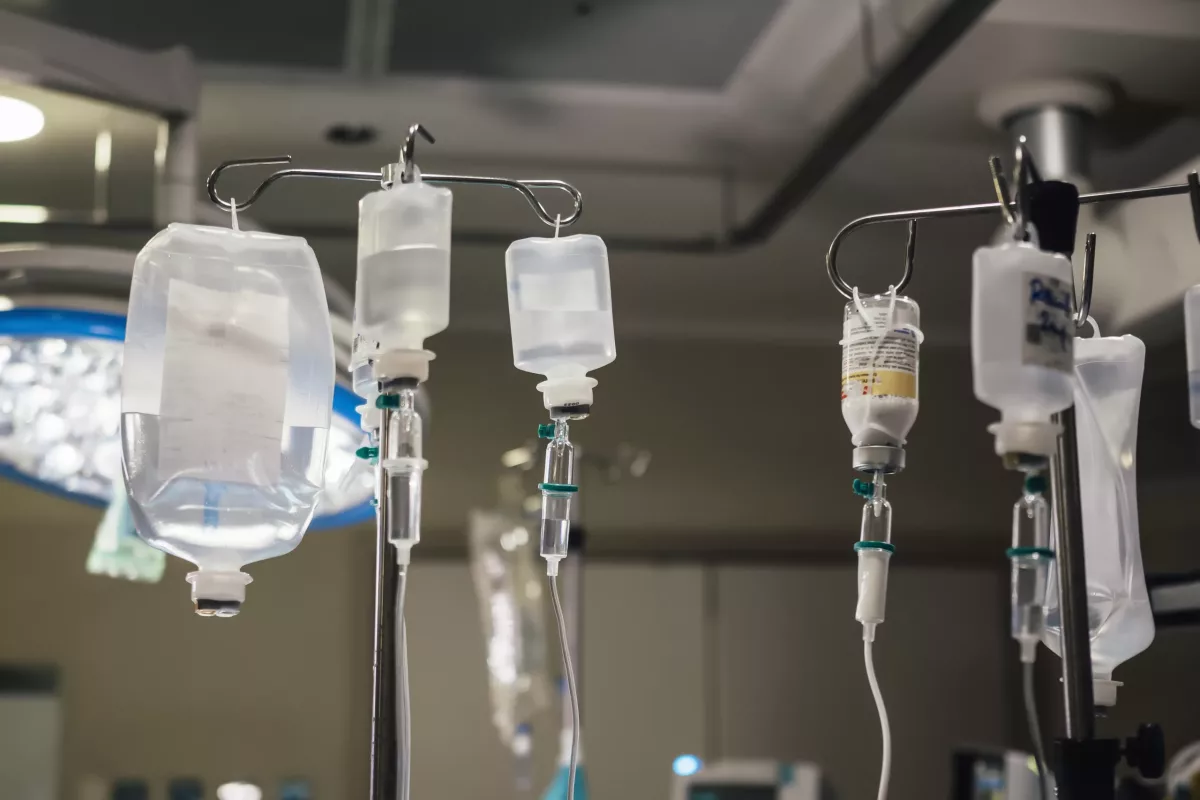This is a condition in which there is too much water in the body. It is called water intoxication, and it negatively affects the body’s cells. The symptoms range from mild to severe and may include nausea, vomiting, bloating, confusion, seizures, and even coma. In severe cases, this condition can be fatal.
Healthcare professionals usually treat this condition by reducing water intake and Sodium replacement.
This condition occurs when you drink more water than the body needs. As a result, it leads to a chemical imbalance that the body cannot clear naturally by urinating and sweating. In other words, too much water in the body dilutes the blood, which reduces the electrolytes such as Sodium. This condition is called hyponatremia. Thus, water moves to the cells, causing them to swell. Furthermore, if too much water enters the cells in the brain, it may affect the brain’s function. In such cases, people usually experience unawareness, altered mental status, and other symptoms.
In any case, it is very important to drink water if you feel thirsty, especially during warm weather or exercise. Generally, if your kidneys are healthy, it is quite difficult to drink yourself into water intoxication. However, people with kidney disease should be aware of how much water they drink. Sometimes, this condition is called in the following ways. For example:
- Overhydration
- Water toxemia
- Water-electrolyte imbalance
- Dilutional hyponatremia
- Hyperhydration
- Water toxicity
- Water poisoning
Symptoms
Those who develop water intoxication usually experience the following symptoms. Check below some examples:
- Drowsiness
- Muscle cramps, weakness, or even pain
- Mental health problems (including irritability, confusion, and others)
- Dizziness
- Edema (swelling in the hands, feet, or abdomen)
- Headaches
- Bloating
- Nausea
- Vomiting
While it is challenging to determine whether you have drunk too much water or not, the color of the urine can tell a lot about your health. For instance, if you are hydrated, the urine color is light yellow. However, when you drink too much water, the urine is colorless or clear.
If you notice that your urine becomes colorless, do not drink more water because you may develop water intoxication.
Causes
Usually, people develop this condition when they drink too much water. However, the following factors could increase your risk of developing it. For example:
- Endurance sports or exercise – Those who participate in these activities usually experience moderate to severe sweating. Commonly, people drink a lot of water to prevent dehydration and are at increased risk of developing water intoxication. These sports include long-distance running, hiking, or bicycling.
- Extreme heat – Some people work in hot weather or hot buildings (such as a foundry).
- Psychogenic polydipsia – This is a mental disorder often present in people with schizophrenia that causes them to drink more water than is needed.
- Use MDMA recreationally – This is an illegal drug that fills you with a lot of energy, which often leads to exhaustion and severe sweating. Therefore, people drink too much water than their bodies need.
- Low body mass – In most cases, children under 12 months of age are more likely to get water because of their small size. Usually, they get enough water from breast milk or formula. It is also important to ensure your child does not ingest water during baby swim classes.
- Some medicines – Antipsychotics and antidepressants may cause extreme thirst. However, long-term use of nonsteroidal anti-inflammatory drugs (NSAIDs) may cause the kidneys to retain water.
Some people develop water intoxication due to existing health conditions. These disorders make it difficult for the kidneys to pee out extra water. For example:
- Liver disease
- Chronic kidney disease
- Congestive heart failure
- Syndrome of inappropriate antidiuretic hormone secretion (also known as SIADH)
What Are The Potential Complications of Water Intoxication?
If you ignore the symptoms and do not reduce water intake, it may lead to severe water intoxication and life-threatening complications. Check below some examples:
- Delirium
- Seizures
- Coma
- Confusion
- Cerebral edema
- Brain damage
- Hyponatremia
- Death
This document does not contain all possible complications of water intoxication. For more details, discuss it with your healthcare professional.
Prevention
However, it is not possible to prevent all causes of water intoxication, especially those that make the kidneys retain water. If you have concerns about water intoxication, do not hesitate to see a doctor. Check below some tips that may help reduce the risk of developing this condition:
- Drink water only when you are thirsty – Do not drink large amounts of water, especially in a short period.
- Regularly pay attention to your urine color – Normally, the urine color should be light yellow. If it is colorless or clear, it may indicate water intoxication.
- Do not drink more water if you feel nauseous, bloated, or have headaches – Sometimes, previous symptoms may be a sign that you have drunk too much water.
If you experience severe sweating, you can choose sports drinks (electrolyte drinks), 100% fruit juice, or coconut water to prevent water intoxication. It also helps return Sodium levels within a healthy range.
Diagnosis
Healthcare professionals usually perform an evaluation of your medical history and may ask some questions about your symptoms. Thereafter, they may perform a physical examination to check for abnormalities linked to the disease, such as swelling in the hands, feet, or abdomen (belly).
In some cases, doctors may perform blood tests and urinalyses to check electrolyte levels.
Treatment
The treatment for people who develop water intoxication often involves reducing water intake and options to treat the underlying cause of the condition. This may include stopping certain medicines.
If you experience a severe form of water intoxication, doctors may prescribe diuretics and IV (intravenous) fluids to restore electrolyte levels within normal ranges.
Frequently Asked Questions
How soon after treatment will I feel better?
Commonly, people begin to feel better within several hours after reducing water intake.
How much water can you drink a day?
The right amount of water differs among individuals. Generally, doctors recommend the following fluid intake per day. For example:
- 125 ounces (3.7 liters) for men
- 91 ounces (2.7 liters) for women
Previous water intakes are advised for adults only. Sometimes, people may drink more than these recommended intakes, especially during warm weather or long-term heavy exercise.
Can drinking too much water kill you?
Yes, if you develop a severe form of water intoxication and do not get treatment, it may lead to death. Ask your healthcare provider if you have additional questions.




